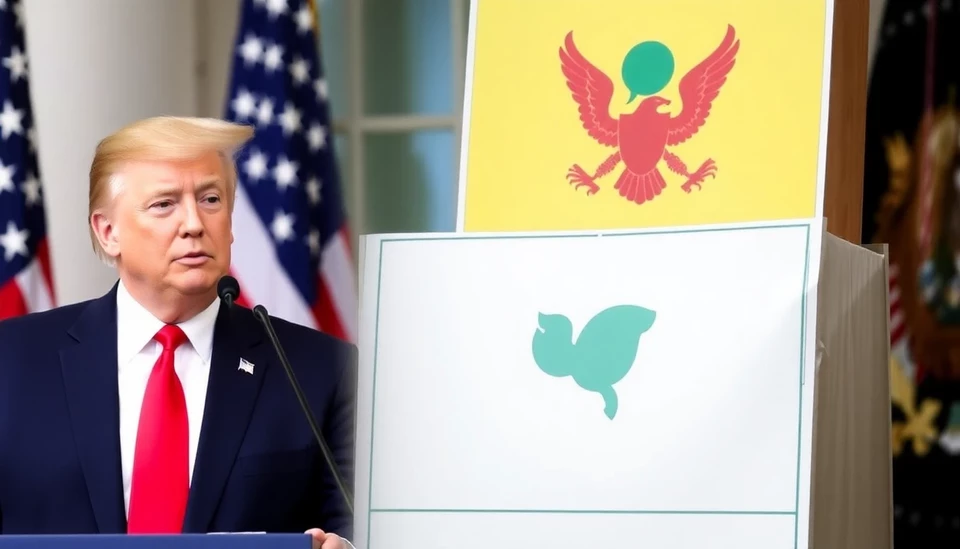
In a significant move impacting the agricultural sector, former President Donald Trump declared on Saturday that new tariffs on various agricultural imports will be implemented starting April 2. This announcement comes amid escalating tensions between the United States and its international trading partners, particularly in the agricultural domain.
Trump's decision to impose these tariffs aims to protect American farmers from what he calls unfair practices by foreign competitors. In detailing his strategy, the former president expressed concerns regarding the pricing and availability of key agricultural products in the U.S. market, attributing rising costs to foreign imports that he claims undermine domestic producers.
As the deadline approaches for the implementation of these tariffs, industry experts and agricultural leaders are weighing the potential repercussions of the new trade policies. Analysts have indicated that the tariffs could lead to retaliatory measures from other countries, which may further complicate trade dynamics and affect pricing structures for a range of agricultural goods.
Moreover, the implications of these tariffs extend beyond just the agricultural sector. Economists warn that such protective measures could ignite inflationary pressures on consumers and disrupt supply chains that rely heavily on imported agricultural products. With food prices already facing upward trends, the added strain from tariffs might exacerbate the situation.
In recent years, the agricultural industry has been particularly sensitive to trade issues due to its reliance on overseas markets. The prospect of tariffs thus raises concerns about the future stability of crop markets and farmer livelihoods, especially for those who export goods like soybeans, corn, and meat.
Trump's announcement has garnered mixed reactions from both supporters and critics. Proponents believe that these tariffs will strengthen U.S. agriculture by leveling the playing field, whereas opponents argue that the tariffs could lead to elevated prices for consumers and potential isolation from global markets.
As this situation develops, stakeholders are advised to remain vigilant and assess the evolving landscape of agricultural trade policies that could reshape the industry in unforeseen ways. The countdown to April 2 has begun, and the stakes couldn't be higher for U.S. farmers and consumers alike.
Stay tuned for further updates as the situation unfolds and more details emerge regarding the specific products that will be affected by these tariffs.
#Trump #Tariffs #Agriculture #TradeWar #USeconomy #Farmers #AgriculturalImports #FoodPrices #GlobalTrade
Author: Daniel Foster




